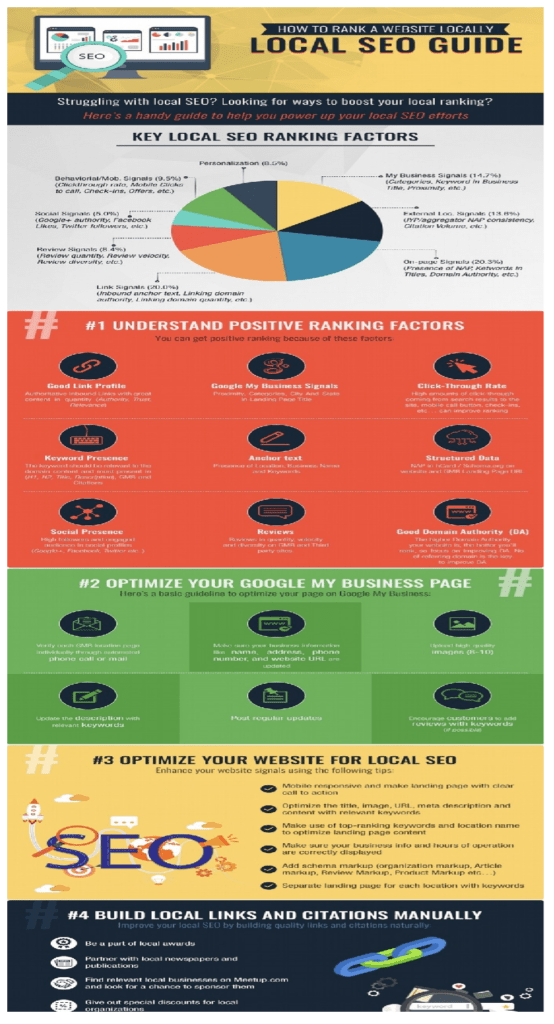Voice Look And SEO: Adjusting Your Approach To The Increase Of Voice Assistants
Voice Look And SEO: Adjusting Your Approach To The Increase Of Voice Assistants
Blog Article
Produced By-Hunter Currie
Are you tired of typing out your search questions? Think of a world where you can just ask an inquiry and get instant outcomes. With the surge of voice aides like Siri, Alexa, and Google Assistant, this globe is coming true.
In this short article, we will certainly discover exactly how voice search is affecting SEO and exactly how you can adjust your approach to stay in advance. Prepare yourself to enhance your search phrases, boost customer experience, and embrace the power of voice search.
Understanding the Impact of Voice Look on Search Engine Optimization
You need to comprehend the influence of voice search on search engine optimization in order to adjust your approach properly.
With the increase of voice aides like Siri, Alexa, and Google Assistant, more and more individuals are using voice search to find information online. This suggests that traditional keyword-focused SEO techniques may no more be sufficient.
Voice search inquiries often tend to be longer and extra conversational, so your material requires to be enhanced as necessary. Think about the concerns your audience might ask and integrate natural language and long-tail keywords into your content.
In addition, voice search commonly offers a solitary solution, so it is necessary to go for the featured snippet setting in search results.
Enhancing Key Phrases for Voice Assistants
To efficiently maximize search phrases for voice assistants, it is necessary to recognize the distinction in search habits in between voice and text-based questions. web design content writing have a tendency to be longer and a lot more conversational, as users ask questions or make demands in a natural language layout.
Here are three key methods for optimizing your key phrases for voice aides:
1. ** Long-tail key words **: Concentrate on using longer, even more particular key words phrases that mimic natural speech patterns. This aids your web content match the questions made by voice aide users.
2. ** Question-based keywords **: Integrate question words like 'who,' 'what,' 'where,' 'when,' 'why,' and 'exactly how' right into your key phrase approach. relevant web page straightens with the way users ask questions when making use of voice assistants.
3. ** Local optimization **: Include location-specific keyword phrases to target voice searches with regional intent. Voice aide customers commonly request close-by services or services, so enhancing for regional search is crucial.
Enhancing Individual Experience for Voice Look
As voice search remains to gain popularity, it is necessary to improve the user experience by creating web content that's easily understandable and conversational.
When enhancing your internet site for voice search, you need to consider the natural language patterns and questions that customers might use when speaking with their voice assistants.
As opposed to focusing entirely on particular key words, you must aim to supply comprehensive and relevant answers to customers' questions. This means structuring your material in a manner that directly addresses typical questions and gives useful info.
Additionally, you should additionally maximize your web site for mobile devices, as voice searches are commonly conducted on smart devices and clever audio speakers.
Verdict
As you navigate the vast sea of SEO, bear in mind that voice search is the climbing tide that can not be neglected. Equally as a competent sailor adapts their method to altering winds, so too must you adapt your SEO approach to the surge of voice aides.
By recognizing the effect of voice search, optimizing key phrases for voice aides, and enhancing user experience, you can steer your site towards success in this voice-driven era.
So dived in, accept the winds of change, and allow your site's voice be heard.
